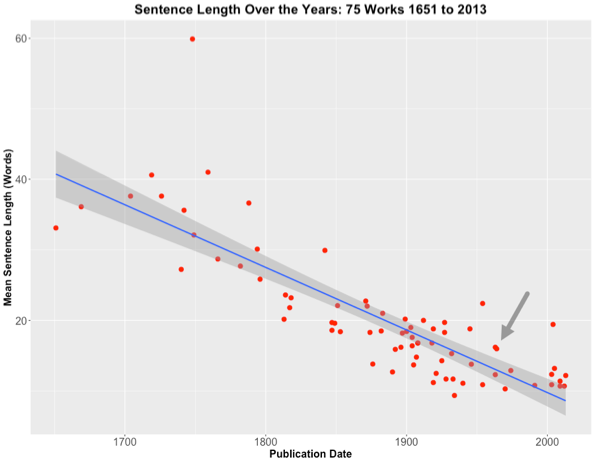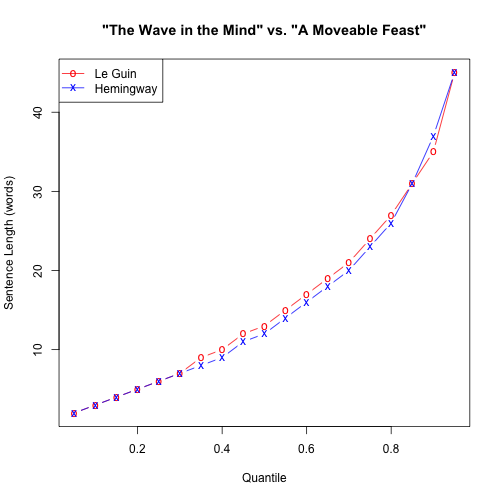The word rein, which the OED glosses as "A long narrow strap, frequently of leather, attached to the bridle or bit of a horse or other animal on either side of the head and used by a rider or driver to control and guide the animal", was apparently borrowed into English from French a millennium ago. The Wiktionary entry gives the etymology in detail:
From Middle English rein, reyne, borrowed from Anglo-Norman reyne, resne, from early Medieval Latin retina, ultimately from Classical Latin retineō (“hold back”), from re- + teneō (“keep, hold”). Compare modern French rêne.
Displaced native Old English ġewealdleþer (literally “control leather”).
But the OED entry makes an interesting (apparent) mistake in this case — the full etymology seems good, but the "Origin" line gives the French etymon as regne — and règne (in the modern spelling) is actually French for "kingdom", from Latin rēgnum, which is the origin of a different English word, namely reign.
Rein and reign have been pronounced the same way in English for some time — perhaps always? — and their meanings overlap in extended or figurative uses having to do with control. This led to some early eggcorns, even back in the days when most people had personal experience with physical reins. Thus the OED entry for free rein, glossed as "Freedom of action or expression. Chiefly in to give (a) free rein (to)", includes "free reign" citations going back to 1834:
1834 J. Eberle Treat. Dis. & Physical Educ. Children (ed. 2) i. i. 6 She, who giving a free reign [1833 (ed. 1) free rein] to her appetite, indulges it to excess.
1924 Times 26 Sept. 11/5 Others thought themselves above the law, and gave free reign to their passions.
1993 Outdoor Canada Mar. 33/3 So few pike survive to a large size that the ones who do have virtual free reign to raid the pantry.
Read the rest of this entry »



